Pakistan
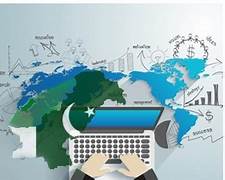
Introduction
Pakistan, a nation nestled in the heart of South Asia, boasts a rich and diverse history that spans thousands of years. From the ancient Indus Valley Civilization to the birth of Islam and the struggles for independence, Pakistan has emerged as a sovereign nation with a unique cultural heritage. Let us embark on a captivating journey through the annals of Pakistan's history, exploring its origins, key milestones, and the remarkable individuals who shaped its destiny.
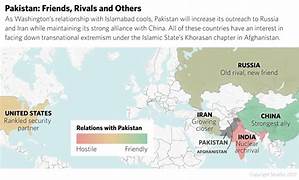
Ancient Civilizations and Early Empires:
The roots of Pakistan's history can be traced back to the Indus Valley Civilization, one of the world's oldest urban civilizations. Flourishing from around 2600 BCE to 1900 BCE, the Indus Valley Civilization showcased advanced urban planning, sophisticated drainage systems, and a script that remains undeciphered to this day. The archaeological ruins at Mohenjo-Daro and Harappa provide glimpses into the lives of the people who inhabited these ancient cities.
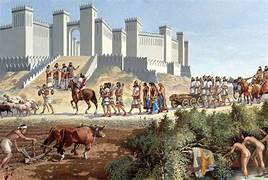
Over the centuries, the region witnessed the rise and fall of several empires, including the Maurya Empire, which extended its influence from the Indian subcontinent to parts of present-day Pakistan. The region later came under the rule of various dynasties, such as the Kushans, the Gupta Empire, and the Rai Dynasty, leaving indelible marks on the cultural fabric of the land.
The Arrival of Islam and the Mughal Era:
In the 7th century, Islam reached the shores of the Indian subcontinent with the arrival of Arab traders and the conquests of Muhammad bin Qasim. Islam took root in the region, and Muslim rulers began to establish their dominion. The most notable among them was the Mughal Empire, which reached its zenith under Emperor Akbar the Great in the 16th century. The Mughals introduced magnificent architecture, such as the iconic Badshahi Mosque and the stunning Lahore Fort, which stand as architectural marvels to this day.
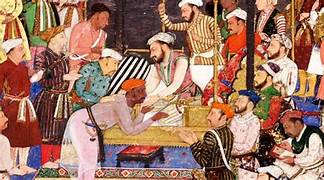
The British Raj and the Struggle for Independence:
The British East India Company arrived in the Indian subcontinent in the 17th century, slowly expanding its influence and establishing control over various regions, including present-day Pakistan. With the weakening of the Mughal Empire, the British Crown assumed direct control over the Indian territories, establishing the British Raj in the mid-19th century.
The early 20th century witnessed the rise of a nationalist movement in British India, demanding self-rule and independence. Pakistan's journey towards nationhood began with the formation of the All-India Muslim League in 1906, led by prominent figures such as Muhammad Ali Jinnah. The demand for a separate homeland for Muslims gained momentum, eventually leading to the creation of Pakistan as an independent state on August 14, 1947.
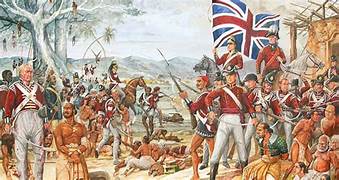
Birth of Pakistan and Challenges Ahead:
The partition of British India into India and Pakistan marked a pivotal moment in Pakistan's history. However, it was accompanied by immense communal violence, forced migrations, and the displacement of millions. The country faced immediate challenges, including the integration of diverse regions, the formulation of a constitution, and the establishment of a functioning government.
Pakistan confronted various trials and tribulations throughout its existence, including wars with India, political instability, and economic hurdles. However, it has also witnessed periods of progress and development. Pakistan's remarkable scientific achievements, such as becoming a nuclear power in 1998 and launching its first satellite in 1990, exemplify the nation's determination and resilience.
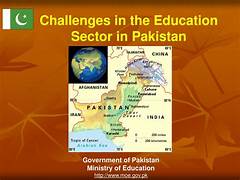
Conclusion
Pakistan's history is a tapestry woven with the threads of ancient civilizations, Islamic influences, colonial rule, and the quest for independence. The country has overcome numerous hurdles and emerged as a vibrant nation, boasting a rich cultural heritage and a diverse populace. Understanding Pakistan's history helps us appreciate



You must be logged in to post a comment.